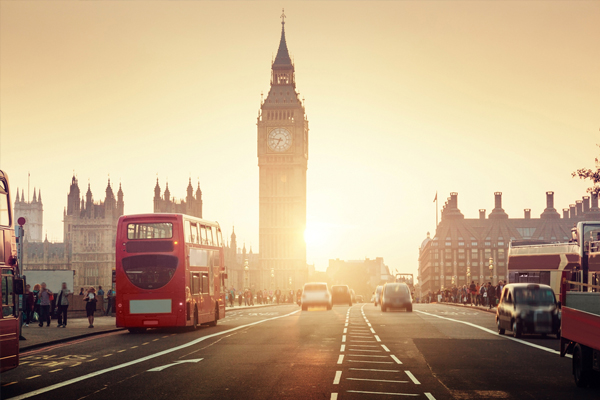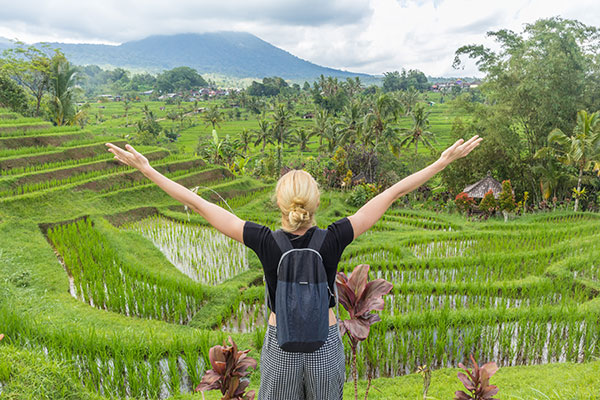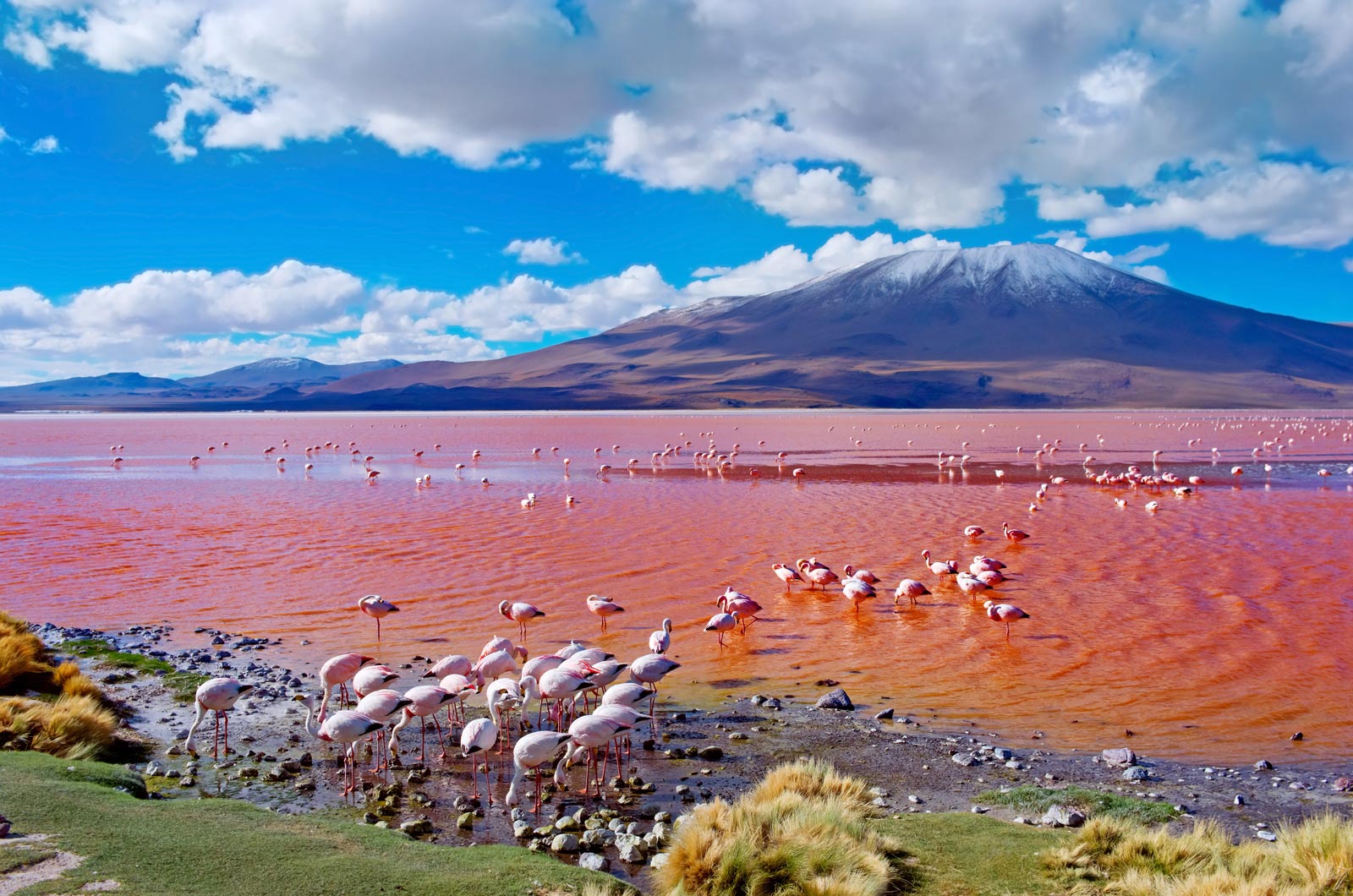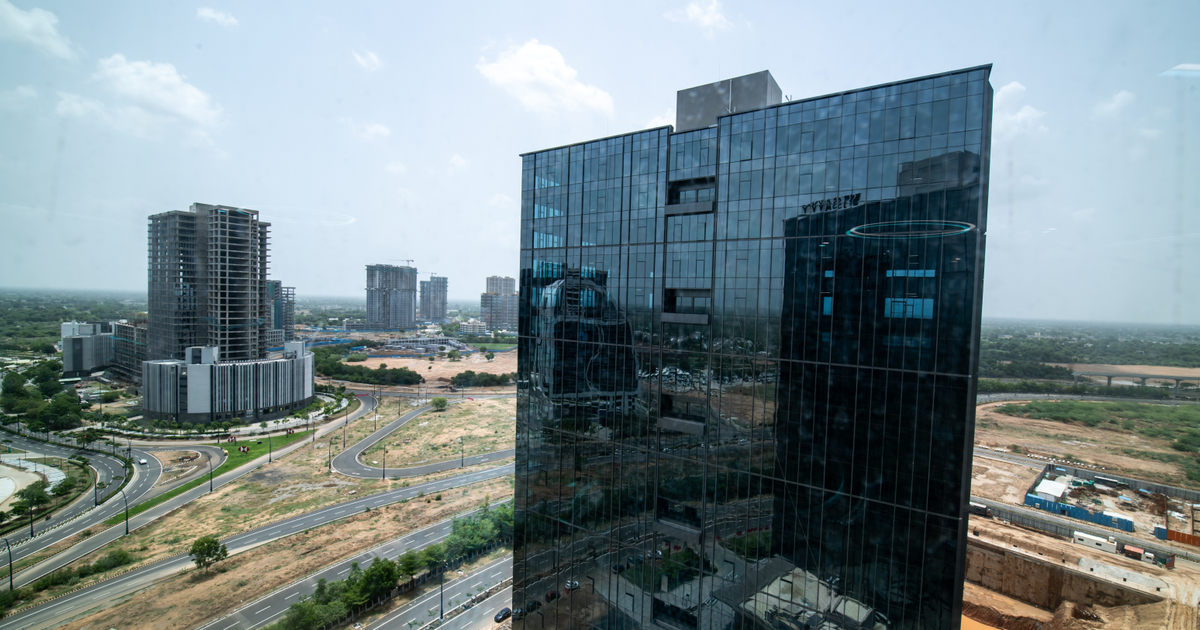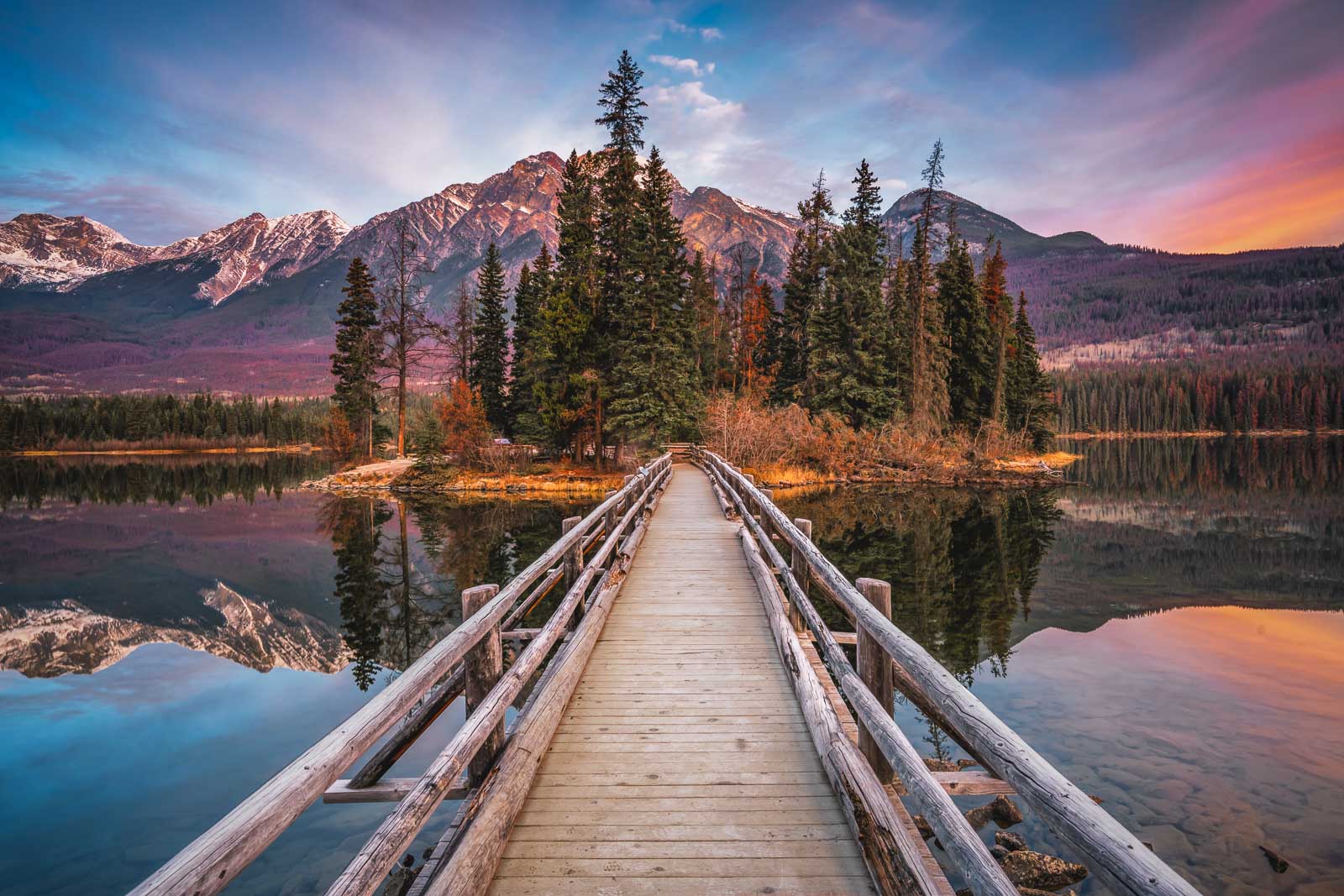7 Amazing Day Trips from Tokyo, Japan
Tokyo is a world-class city. But if you need a break from the fast-paced city life, consider one of these day trips from Tokyo to one of seven nearby landmarks. ... Continue Reading Read the original post 7 Amazing...
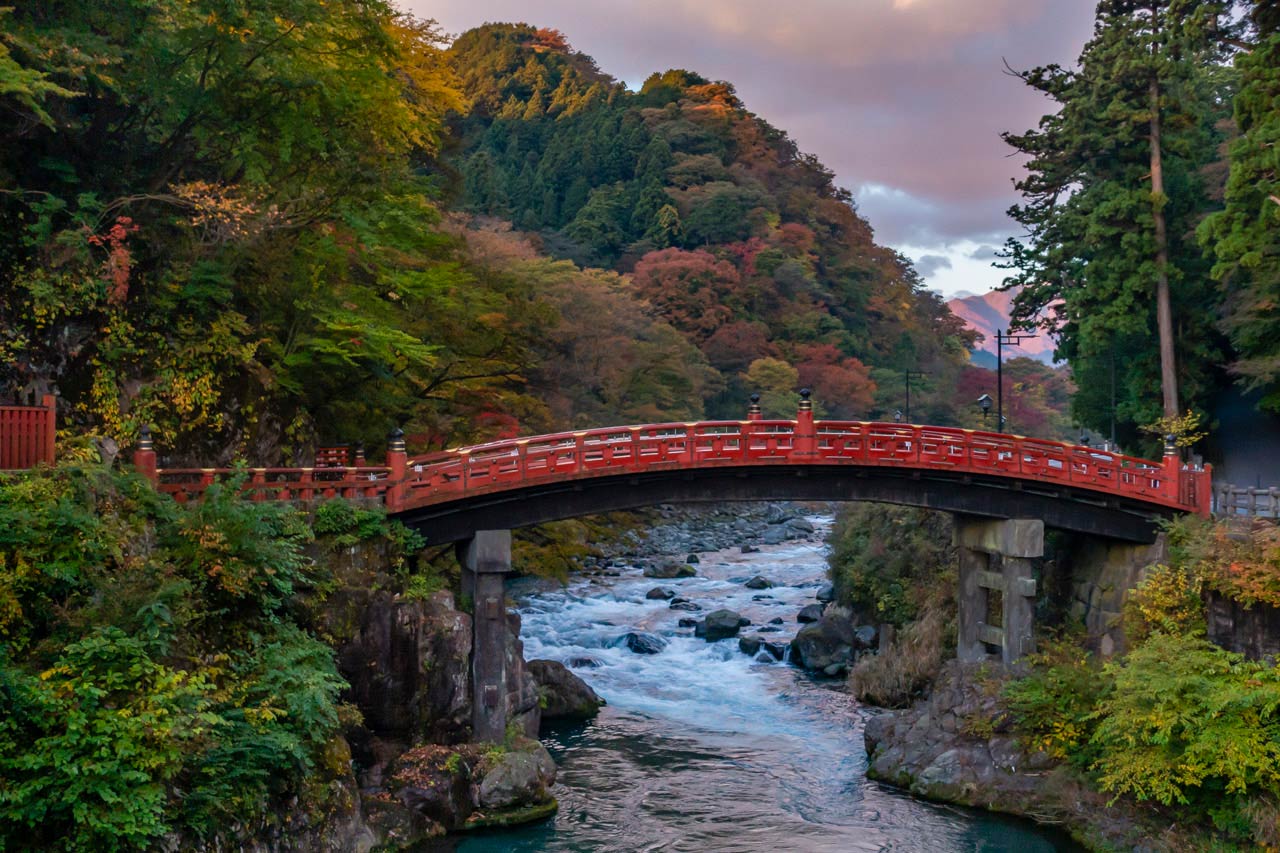
Tokyo is a world-class city. But if you need a break from the fast-paced city life, consider one of these day trips from Tokyo to one of seven nearby landmarks.
These places near Tokyo range from an easy 30 minutes to 120 minutes by train or ferry. Best of all, these places are gorgeous in all four seasons. So, break out your JR Pass or Passmo/Suica cards and get ready for some fun!
Best Day Trips from Tokyo
The best way to experience these Tokyo day trips is by train, but if you are up for the challenge, you can rent a car as well. It will give you more freedom and flexibility to explore these amazing places.
If you are looking for more information on Tokyo, read our Tokyo travel guide at The Best Things to do in Tokyo, Japan
1. Kamakura
From 1185 to 1333, Kamakura was the de facto capital of Japan. There’s a reason why this city is known as a “Little Kyoto” – it is bursting with history, culture, and religious structures. With 65 temples and 19 shrines, it is very easy to get temple/shrine overload. For that reason, it’s best to limit the number of temple/shrine excursions to three a day.
If you’re only in Kamakura for one day, three very special religious sites are well worth a visit. For a more in-depth guide of Kamakura read: Things to do in Kamakura Japan – The Ultimate Seaside Escape
Hasa-dera Temple
The temple was established in 736 and is famous for its 11-headed wooden statue of Kannon, the goddess of mercy. The beautiful grounds include ponds full of colorful fish, and lovely landscaped areas.
Zeniarai Benzaiten Shrine
One of the most unique shrines in Japan, Zeniarai Benzaiten dates back to 1185. Visitors come here to wash their money in the shrine’s special waters. According to legend, once you spent your washed money, your luck and fortune would multiply. Although the money-washing legend is an undeniable draw, the shrine’s site is very special: you access it by passing through a tunnel cave.
Kotoku-in Temple
The most popular temple in Kamakura, the Big Buddha (Daibutsu) is so linked to the city itself that the statue is prominently featured on tourism packages and magazines. The 44-foot bronze Daibutsu was constructed in the mid-13th century and has survived earthquakes, fires, and conflict.
Kamakura is also famous for excellent shopping and a wide variety of international cuisines. If you’re looking to try a local specialty, Kamakura is famous for shirasu – whitebait. There are many ways to eat shirasu – dried, raw, or boiled. If this is outside your comfort level, one thing is certain – at Kamakura, you’ll have lots of delicious options to choose from.
Best Suited For: Those interested in exploring traditional Japanese culture and history.From Tokyo: It’s just over an hour by train from Tokyo Station to Kamakura Station.2. Enoshima Island
This charming island is connected by a 600-meter bridge to the mainland. The island has a romantic backstory: a fierce dragon who had been terrorizing the local villagers renounced his evil ways to win the love of the beautiful goddess Benzaiten. Enoshima Island is a testament to their love.
The dragon theme is woven throughout the island, from the carved statues to the ornate lamp posts. There is even a shrine dedicated to the dragon, along with a temple dedicated to the goddess.
Sea Caves
Although it involves several sets of steep stairs, one of the best places to visit is the sea caves. For ¥500, ($3.50 USD) staff will present you with a candle to explore the caves and see ancient statues. The candle isn’t really necessary as there is ample lighting. All the same, it’s a fun touch that adds to the sense of adventure and it’s small detail that young visitors really love.
At the furthermost cave, a modern dragon statue stands in welcome, dramatically lit in shades of purple and hot pink. Kitschy? Yes. But It is still pretty cool.
For such a compact island, a trip to Enoshima famously involves a lot of physical activity. If you love Japanese food, this is a great chance to work up an appetite and get your cardio in. Enoshima comes with HUNDREDS of stairs.
Don’t feel like taking the stairs, or already have the physique of a Greek god? The island has a tiered ticket system, and for between ¥200-800 yen ($1.50 – $8USD) guests can use escalators to access various attractions. The price of tickets depends on how high up you wish to go.
Given its romantic history, it’s easy to understand the island’s popularity with young lovers. The views from the top are breathtaking, and on a clear day, Enoshima Island has absolutely stunning views of Mt. Fuji.
Food to Try
While there are plenty of sit-down restaurants on the island, it can be a fun experience to just graze at the many food stalls. As with nearby Kamakura, shirasu (white bait) is an Enoshima specialty. There are multiple ways to enjoy shirasu: in a hot croquette, atop a rice bowl, or (gulp!) as a soft cream in a cone.
Best Suited For: Those looking for a one-of-a-kind island experience. Due to the island’s geography, those who are fairly active will enjoy the experience the most.From Tokyo: It’s an hour from Tokyo Station to Kamakura Station. From Kamakura Station, take the scenic Enoden Line train to Enoshima Station (approximately 25 minutes). Follow the well-marked signs and walk across the bridge to Enoshima Island.Misaki and Jogashima Island
Are you a maguro (tuna) lover? If so, you’ll love Misaki. The fishing town is known for having one of Japan’s top tuna hauls. Whatever dish you want to try, rest assured – the quality will be top-notch.
Misaki is also known for its fish market. While it is presently closed due to COVID, visitors normally have the opportunity to view the tuna auction process via the glass windows on the market’s second floor.
Jogashima Island
Near Misaki Harbor is Jogashima Island, accessible either via bridge or a short boat ride.
Whereas Enoshima Island is a tourist destination full of caves and must-see temples, Jogashima gives off a relaxed getaway vibe. The sparsely populated island has several excellent hiking trails. The most scenic of those trails will take you by well-maintained lighthouses and along beaches of volcanic rock.
Those whose temperament is more mellow can choose to simply enjoy fresh breezes and ocean views while picnicking.
Food to try: It would be a shame to go to Misaki and NOT get their tuna. While Misaki is most famous for its tuna, as a fishing village ALL of the seafood is excellent. An incredible set menu that includes miso soup, a bowl of rice and tuna, and green tea will likely run approximately ¥1600 ($11).
Best Suited For: Outdoor enthusiasts and maguro lovers.From Tokyo: It will take you about 90 minutes to get from Tokyo Station to Misakiguchi Station. Outside the station, take a taxi or the NR 2 Bus to Misaki Port (approximately 18 minutes).From Misaki Port to Jogashima: Jogashima Island can be accessed by a 5 minute boat ride from Misaki Port or a 2.2-kilometer walk across the bridge.Yokosuka
Yokosuka has a long history as a Sailor town. Originally, Yokosuka was one of four prominent shipyards for the Japanese Imperial Navy. In 1884, the Yokosuka Naval District was constructed for the defense of Japan.
These days, the city hosts both the Japan Maritime Self Defense Force and the U.S. Navy. Because of the Sailor influence, two must-try culinary specialties to try when in Yokosuka are Kaigun (Navy) Curry and the “Navy burger”.
Whaaaaaat? A burger as a culinary destination item? You best believe it. And Japan’s take on a U.S. Navy burger is nothing short of exquisite.
On U.S. Navy ships, Wednesdays are affectionately known as “Burger Day”.
Kaigun Curry
As for Kaigun Curry, it’s consumed by Sailors aboard Japan Maritime Self-Defense ships every Friday. Posters inside Keikyu Line train compartments regularly feature tourism campaigns highlighting these two authentic “Sailor” dishes.
While it is much easier to get fresh products at sea today, securing supplies to feed a hungry crew for long periods at sea was far more difficult in the old days of sailing. Whereas Western Sailors died due to scurvy, many Japanese Sailors died due to B1 deficiency (beriberi) brought about by a lack of thiamine. Without this crucial vitamin, Sailors might exhibit symptoms such as mental confusion, loss of muscle function, and paralysis.
Kanehiro Takaki, a brilliant Japanese naval medical officer, conducted scientific experiments and realized that the symptoms were diet-related. The Imperial Navy observed the foods other Navies were eating and took a page from British Sailors – who had taken the idea from India – in eating curry, a dish full of thiamine.
Japanese Sailors came to love the dish, and brought the recipe back home. Over time, Kaigun Curry established itself as a popular dish. Fun fact: each Japan Maritime Self-Defense Force ship has its own curry recipe.
Either pre- or post-curry/burger, travel to Mikasa Park and check out the Japanese battleship Mikasa. An iconic battleship, the Mikasa participated in several major conflicts, and is the only pre-dreadnought battleship remaining today.
As one might expect from a Sailor town, there are plenty of shops in Yokosuka that sell Japanese and U.S. Sailor-inspired merchandise, from squadron patches to Kaigun curry packets.
Best Suited For: History and nautical buffs.From Tokyo: It’s approximately an hour train ride from Tokyo Station to Yokosuka Chuo.Chiba’s Nokogiriyama
Although Chiba Prefecture is most famous for Disneyland, why not experience an authentic cultural treasure off the beaten track by heading for Nokogiriyama?
The first Buddhist temple was commissioned at Nokogiriyama over 1300 years ago. At a height of 31.05 meters (101.8 feet), the Diabetsu (Buddha) at Nokogiriyama is the tallest Buddha Statue in Japan.
Beyond its height, the Buddha is striking in that it was carved into the mountain in 1783. As the Buddha of healing, the figure has a gentle expression and holds a medicine bowl in his hand.
A journey to Nokogiriyama is part spiritual pilgrimage, and part embracing your inner Indiana Jones. Read all about my experience at Nokogiriyama and an Encounter With Chiba’s Great Stone Buddha
Takai Arhats – Enlightened Disciples
The walking paths on the mountain are lined with the stone figures of Takai Arhats (enlightened disciples). Sadly, several of the Takai Arhats have been damaged or destroyed. Some of this has been due to the passing of time and exposure to nature. And some of the damage – where it is obvious the statue was beheaded – was due to anti-Buddhist movements during the Meiji Restoration.
Those who are exceptionally fit will enjoy the challenge of a strenuous hike up the mountain, where they will be rewarded by stunning nature and glorious views. At a scenic overlook known as “Hell’s Peak”, the adventurous can venture to a railing at the edge of a cliff and take photos.
Have absolutely zero interest in a hike up a 300-meter mountain? Take the cable car from the base to the top for ¥500. Note: although the cable car takes visitors to the top, there is still a lot of walking up/down steep stairs to get to the most popular viewpoints.
Best Suited For: Outdoor adventurers with strong legs who are willing to put in effort to get to a truly stunning cultural treasure.From Tokyo: The best way to access it is to take a train from Tokyo to Keikyu-Kurihama. Walk the short distance to Kurihama Harbor and catch a 40-minute ferry to Chiba (¥1600 round-trip). The ferries run regularly, are spotlessly clean, and are a fun way to cross Tokyo Bay.Kurihama
Kurihama, part of Kanagawa Prefecture, is a lovely place to spend a morning or afternoon. Kanagawa is known for two legendary arrivals: U.S. Navy Commodore Matthew Perry and Godzilla.
At Perry Park, a simple monument pays tribute to Commodore Perry’s arrival in Japan and the 1854 signing of The Treaty of Kanagawa. Up until the signing, Japan had spent two centuries in a state of voluntary seclusion. The signing of the Treaty of Kanagawa resulted in Japan opening its borders to foreign trade.
It’s hard to overstate the significance of this quiet, unassuming place opposite Kurihama Harbor. And yet this document gave rise to what would become modern Japan. Read more: Mind-Blowing Facts about Japan
Kurihama Flower Park
Less than a 20-minute walk from Perry Park is Kurihama Flower Park, a 144-acre oasis where flowers bloom year-round. If you are there in April or May, the poppies are especially lovely. Hundreds of hydrangeas will reward visitors who travel in June or July in bloom. Go in September or October, and the fields are carpeted by a million cosmos flowers.
Godzilla
At the top of the hill stands what is arguably Kurihama Flower Park’s most famous attraction: a 9-meter (27-foot) Godzilla slide. What is the “King of Monsters” doing at a beautiful flower park?
According to the original 1954 Godzilla film, Godzilla first made land at nearby Tatarahama beach. A slide was originally constructed at the beach, but over time degraded and needed to be removed.
However, local businesses and private individuals missed the beloved monster and raised funds to bring Godzilla back to their neighborhood. The current Godzilla slide at Kurihama Flower Park was unveiled in 1999 and has two English words carved on the base: GODZILLA RETURNS.
Although only children under 12 can go up Godzilla and slide down his enormous tail, he is still worth a visit.
Best Suited For: Those interested in history and politics (Perry Park), and those seeking a relaxing afternoon at a lovely park. Although the ascent up Kurihama Flower Park is steep, for a few hundred yen the park’s “Flower Train” will transport guests where they want to go.From Tokyo: It is approximately a 75 minute train to either Keikyu Kurihama station. From there, it’s an easy 15-20 minute walk to Kurihama Flower Park or Perry Park. Both parks are free of charge.Yokohama
Yokohama is less than 20 miles from Tokyo. Although considered part of the greater Tokyo area, Yokohama definitely has its own character. It has the distinction of being the 2nd largest city in Japan.
In 1859 it became one of the first ports in the country open to foreign trade. As such, Yokohama has a very urban, international reputation.
For proof, look no further than Yokohama’s Chinatown, which is one of the largest in the world. The brightly colored, bustling .2-kilometer square area features several shops and restaurants opportunities to experience different varieties of Chinese cuisine. One of the biggest draws at Yokohama’s Chinatown is a stop at Kanteibyo temple, dedicated to the Chinese god of prosperity and business.
Other popular areas to check out while in Yokohama are the historic Red Brick Warehouses near the harbor. Originally used as customs buildings, they now perform the function of a shopping mall and event venue.
Cup of Noodles Museum
To experience one of Japan’s greatest culinary exports, head to the Cup of Noodles museum.
Post World War II, Momofuku Ando invented the cup of noodles in 1958 as a way to provide inexpensive, flavorful food for a modern workers. His invention would go on to become one of Japan’s top cultural exports.
Not only can you learn the history of this invention, for ¥400 yen (2.50 USD) you can select from a variety of ingredients to design your own bespoke cup of noodles. It’s a fun souvenir to take home.
Best Suited For: Those who love Chinatown or are looking to humble brag about creating their own instant-noodles package.From Tokyo: Catch one of the many trains from Tokyo. The journey to Yokohama will take less than 30 minutes.Bonus Tokyo Day Trip – Nikko
While Dave and I visited Nikko on a four-day trip from Tokyo, many people pop into Nikko for a single-day trip. With fast trains leaving Tokyo, it can easily be visited in a short day. If you drive, it is even better to explore some of the top places in Nikko.
Most people come to Nikko to see its amazing UNESCO World Heritage Sites, the Nikko Temples and it is one of the best places in Japan to enjoy the fall colours.
The number one attraction in Nikko is the Tosho-gu Shrine dedicated to Tokugawa Ieyasu. Tokugawa Ieyasu was the most powerful man in Japan in 1600. He was named Japan’s first Shogun after uniting the country from a fierce civil war. His Mausoleum is located within the Tosho-gu Shrine and is one of the most important shrines in all of Japan.
Right next door to Tosho-gu Shrine is the Buddhist temple of Rinnoji. Make sure to try the Zen Meditation experience in this temple. If you want to plan a longer itinerary in Nikko see our guide at Complete Nikko Japan Travel Guide – 18 Things to do and Places to See
Best Suited For: People interested in Japaneses history and culture and to do some outdoor adventures. From Tokyo: Catch the Tobu Express train from Asakusa Station or the Tokyo Sky Tree. Nikko is located 157 km north of Tokyo. Locals drive to the region, so you can drive too if you prefer.And these are some amazing day trips from Tokyo. Japan is a stunning country to visit, so make sure to get out of the city to enjoy the beautiful and diverse countryside. It has more outdoor spaces and forests that you’d expect!
Read more about Japan TravelThe Best Things to do in Tokyo, JapanTokyo on a Budget – How to Travel Without Breaking the Bank14 Best Cities in Japan To Visit This YearThe 17 Best Things to Do in Kyoto, JapanTraditional Japanese Food: 20 Dishes You Can Try in Japan or At Home
 ValVades
ValVades 







